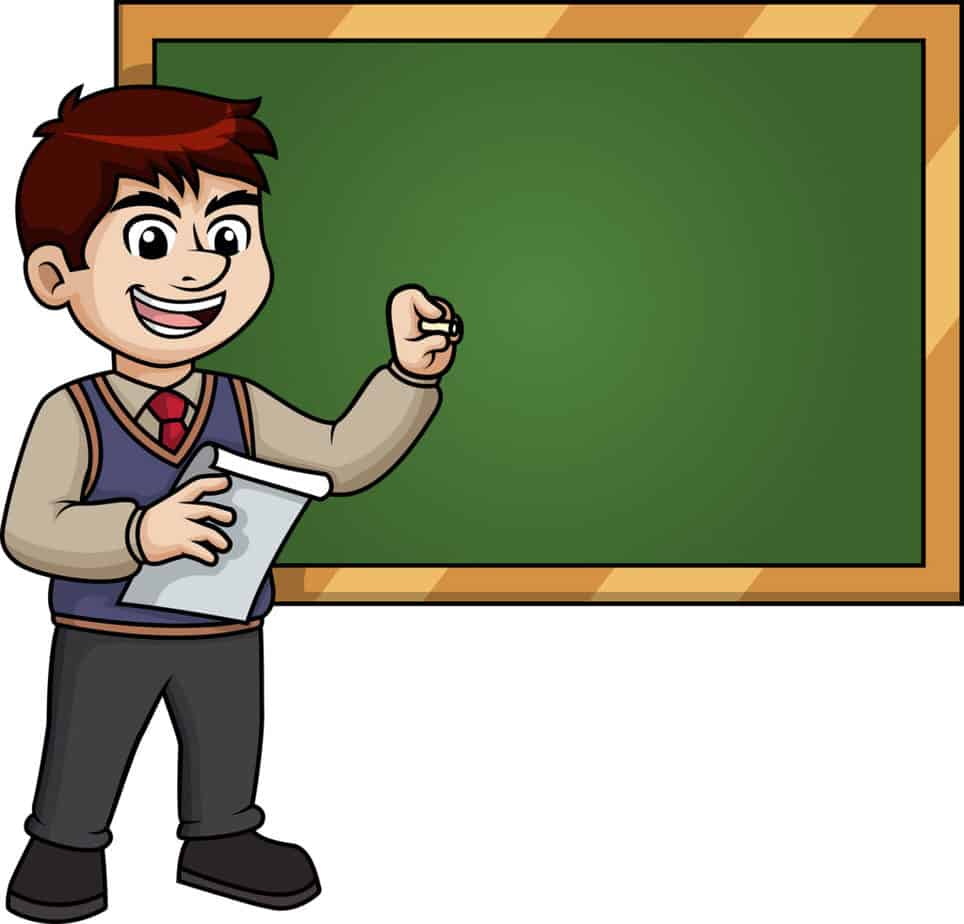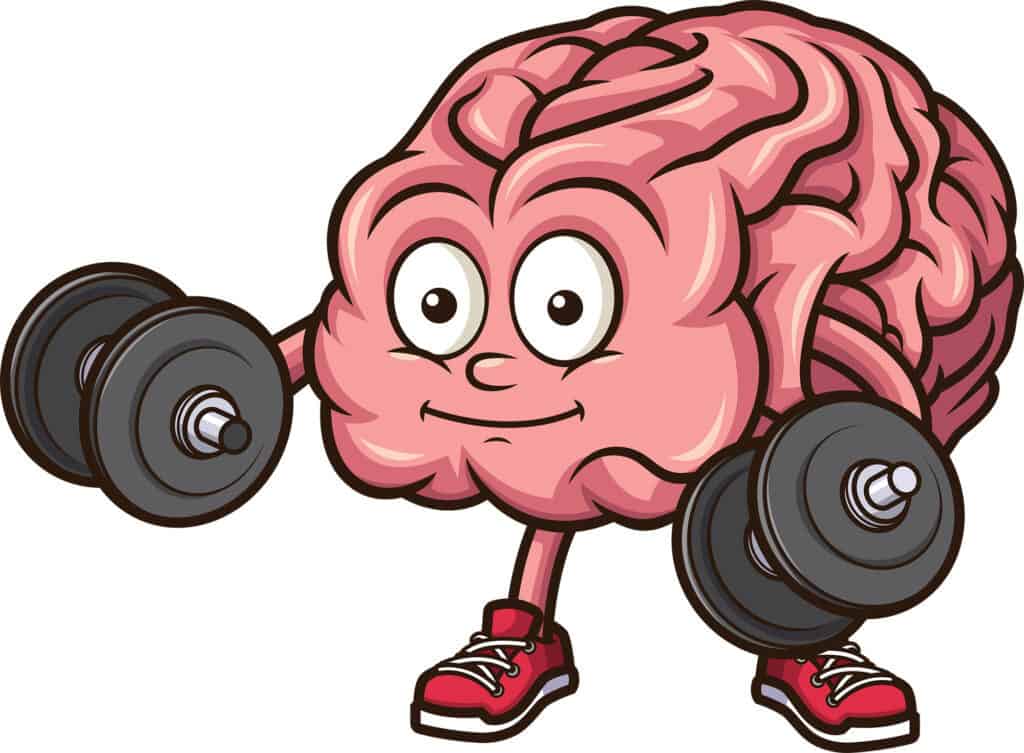
If you’ve forgotten that little bit of Spanish or French you learned in high school, you’re not alone. With the numerous words we can learn and then forget after taking a standard second language course, it makes one wonder: could you forget an entire second language after you’ve fully mastered it?
You can forget a second language if there are changes to your environment or you do not sufficiently use it in day to day life. The phenomenon of a person’s second language fading away over time is referred to as second-language attrition. There are several competing theories for why this occurs.
Come along with us, and we’ll find out why researchers believe we forget our second languages, as well as whether or not it is easier to relearn. We’ll even dive into the competing theories and hypotheses that may help shed light on the strange process of forgetting a language.
Contents
Why Can We Forget Our Second Language?
There are competing theories as to why we’re prone to forgetting our second language, as well as several hypotheses that still need to be tested. There are assumptions and guesses in the general public as to why that are not that far off. Yet, to really get to the bottom of the problem, we need to look at what those that art studying it say.
Below, we’ll review past and current hypotheses on language attrition and examine a few theories that have been presented by researchers so far. Simply because there is a study done on the subject and a hypothesis is made doesn’t settle the matter. There are nuances still to be figured out.
What we can say is that they are getting closer and closer to figuring out the reasons for it, which is the first step in one day finding a reasonable solution to stop the regression. Imagine learning a language once and not having to constantly keep it up. We could see that day in the future, but for now lets concern ourselves on where we are in finding out the reasons we forget.
First Hypothesis to Explain Why We Forget Our Second Language

The first hypothesis put forward to explain second-language attrition is called the regression hypothesis. This hypothesis dates all the way back to 1880 when French psychologist Théodule-Armand Ribot posited that we forget our second language in a process that mirrors the way we learned it.
If this hypothesis is correct, it would mean that if you don’t use your second language enough in day to day life, you’ll slowly forget it backwards to how you learned it. Meaning the last elements of the language you learned will be the first to go.
To us in our daily lives this seems plausible. We tend to forget lots of things and this seems to fit the pattern. We also tend to forget the things that not only are infrequently used, but less often thought of. This means that your interest level in it can have an impact.
Current Competing Hypotheses to Explain Second Language Attrition
The thought that surrounded the regression hypothesis ultimately led to the development of similar self-explanatory hypotheses. For example, there was the last-learned-first-forgotten hypothesis or the best-learned-last-forgotten hypothesis. Most of these subsequent ideas made minor changes to the regression hypothesis but were ultimately in the same vein.
The linguistic feature hypothesis is what really expanded the possibilities researchers are still studying
Instead of forgetting your second language in reverse of the way you learned it, this hypothesis suggests that you’re actually more likely to forget the elements of a language that are the most divergent from your mother tongue.
Definition: From Merriam-Webster, mother tongue is one's first or native language
This implies that you’ll forget languages that are more closely related to your own far slower than you’ll forget languages that are completely foreign. Still, the process of forgetting the language really only starts when you stop using it. This frequency component keeps popping up. You will also use what you are interested in more frequently.
What General Theories of Forgetting Apply to Second Languages?
Memory is one of the most deceptively complex abilities shared by humans. There are a number of established theories that researchers agree could play a role in why we forget second languages.
Before we lay out two of these theories, it’s important to note that in science, the word theory doesn’t just mean a wild guess but instead a well established principle. Though it is not considered fact, it is much more than a whim.
- Interference Theory: Put simply, this theory says that later memories can actually distort and eventually fade away earlier ones overtime. This would explain why so many people get really good at a second language in high school, but just a few years later, they don’t remember anything.
- Trace Decay Theory: This is the idea that the pathways we use to retrieve memories fade, or aren’t even fully created, if they are not reinforced. If you learned your language too quickly or you stopped using it the day you finished that Spanish course in college, the pathway to the memory will naturally fade. If it hasn’t been too long, however, the memory itself may still exist and be retrievable through a refresher course.
We should also not here that there are theories on how the long term memory retains information. Some believe that it is never lost, and that much of what we forget was actually short term memory input that was reinserted repeatedly.
This would also point to the Trace Decay Theory that would note that the pathways simply become faded to long term storage, but do not fade away. Some would suggest that this means we can simply ‘reactivate’ this stored knowledge.
This theory also maintains that roughly 30% of all input is retained in the human brain. Our problem is that the 30% is random and much of the time is information we already have stored.
For a great explanation on how short-term and long term memory works, there is a good short article published on the Scientific American website here that goes into a bit more detail on the two.
How to Avoid Forgetting Your Second Language
So you paid for courses, whether they were online or in person, and now if you forget portions of your second language, you’re not only losing a skill, you’re also losing money. Nobody wants that.
There is a lot of time invested in learning a language. This can be anywhere from 2 to 5 years of daily practice. The amount of money spent on materials and classes can reach into the thousands very quickly.
So how do you prevent yourself from forgetting your second language once you’ve got it down?
Below we’ve got you covered with 4 easy tips that will help you to avoid forgetting your second language:
Use The Language in Your Daily Life as Much as Possible

When it comes to language acquisition, the old cliché, use it or lose it, still rings true. One of the biggest contributing factors for why people forget their second language, is simply because they never actually get around to using it. Whether you’re just practicing at home with a spouse or a friend, or you try to use the language in public, the key is using it!
There are even ways to find speaking partners around the world. With today’s technology and video conferencing software and apps, you can gain native speaking friends from around the world and learn a language at the same time.
Consume Media in Your Second Language
Broaden your artistic horizons and enjoy a movie shot in another language–without subtitles if you can–and you’ll not only have more entertainment options, but you’ll also get in practice without even having to get off the couch!
In our home, when we purchased DVDs, we made sure to get them in the second language also. This way we could watch in the second language while using the English subtitles. Depending on the second language prevalence, this could be easy to find or more of a challenge. Either way, it’s worth it for your second language practice.
Think of it this way. You can be a productive couch potato. In my book, there’s really no beating that!

Engage in Occasional Sit-Down Practice
You don’t have to practice nearly as much as you did when you first started learning the language, but still, reviewing vocab and grammar now and then will keep it fresh in your mind and reduce the chances that you’ll forget it.
There are many ways to practice in order to evaluate your second language current level of proficiency. You can conveniently find flashcards, books assessments, and quick laminated vocabulary sheets at your local bookstore or online at Amazon (linked). As well, there are many web-based evaluation options to make practice at your finger tips easy such as Quizlet.
Don’t Try to Learn the Language Too Fast

There are all kinds of courses out there that claim to help you learn a language in as little as 90 days. While these crash courses can be a great way to introduce yourself to a new language, you should make sure you go back through the nitty-gritty details once you’ve familiarized yourself with the basics. Generally, the quicker you learn the language, the quicker you’re likely to forget it.
Is a Second Language Easier to Learn a Second Time?
Thankfully, if you have forgotten your second language, it should be a lot easier to relearn it than it was to learn it in the first place. This could be a result of the trace decay theory we discussed previously. The memories themselves may still exist, but you may not have the pathways ready to harness them until you’ve been refreshed.
Here are a few tips to help refresh your memory if you think you’ve forgotten your second language.
- Try to review your old study materials if you still have them. They could trigger a memory.
- Immerse yourself in media like movies, books, and podcasts that use the language
- Set aside time to practice the language.
- If you know someone who speaks the language try having a conversation with them.
So, Can You Really Forget a Second Language?
You certainly can forget a second language. However, there are a few things that can make it more likely.
- Learning your language too quickly
- Not using it enough in day to day life
- Learning a language that is drastically different than your native tongue
Final Talking Point on Forgetting a Second Language
If you have already forgotten your second language, there is still hope to relearn it. Try engaging in old study materials you used the first time around and immerse yourself as much as possible. If you’re lucky, this will trigger a flood of memories and establish old connections in the brain. Once you’ve re-acquired your second language, practice, practice, practice, and you’ll never forget it again!
